Technology is not a replacement for great teachers but technology in the hands of great teachers is transformational. #edtech #education #technologyineducation
Get Started for FREE
Sign up with Facebook Sign up with X
I don't have a Facebook or a X account
 Your new post is loading... Your new post is loading...
 Your new post is loading... Your new post is loading...
yuliana.lopez@utp.edu.co's curator insight,
September 21, 2020 6:04 PM
It is awesome how technology can offer and can help to develop different abilities that people have. Also, I notice that exist many things that I ignore concerning technology, but now with this type of research, I notice how humanity has evolved.

Kathie Turner's curator insight,
October 7, 2014 9:45 AM
An interesting article. Not blaming Google per se, rather assistive technologies in general.

Eduardo Espinoza's curator insight,
April 20, 2015 10:28 PM
In this article we can understand the deep relation between technology and pedagogy, pedagogy grows with technology. If we analyze it, all the knowledge is connected and related to each other. We cannot have one without the other one but as it was said before in this article, the reader can understand the relation between T and P (Technology and Pedagogy). It was thought that technology needed to be seamless but it is not. The push of technology has forced all of us to look closer to pedagogy.

Priscilla Der's curator insight,
April 6, 2014 10:40 PM
Classrooms should be spaces students do not want to leave. This article goes through the notions of embracing change to meet the needs of Generation Y. As some communities are hesitant to make the change from the traditional classroom spaces the article makes suggestions (variety of different furniture, comfy spaces, mood lighting, encourage community involvement-classroom is inviting for adults as well as students) that will encourage student engagement in the 21st century. |

Gust MEES's curator insight,
March 10, 2013 1:04 PM
The Challenges Faculty training still does not acknowledge the fact that digital media literacy continues its rise in importance as a key skill in every discipline and profession.
Teachers needs to be learning how to use the technology themselves, too. Where formal training lacks, professional development needs to step in, and does in many cases. But integrating the how-to of technology with the how-to of teaching needs to happen.
Read more in the article, a MUST!
|





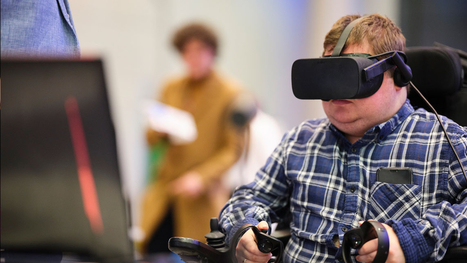

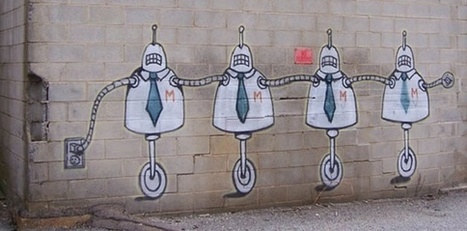

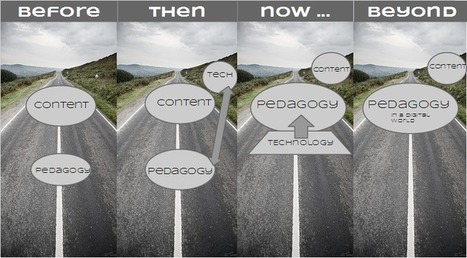
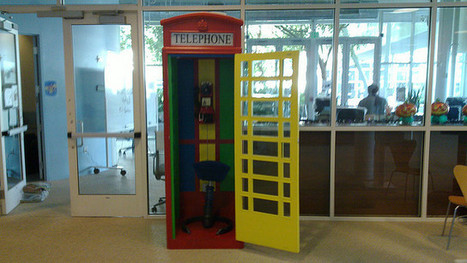

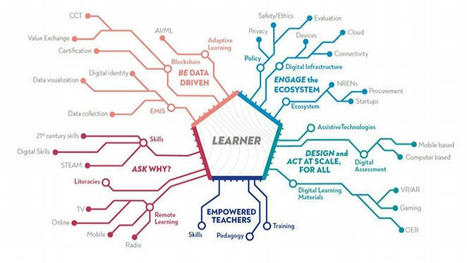


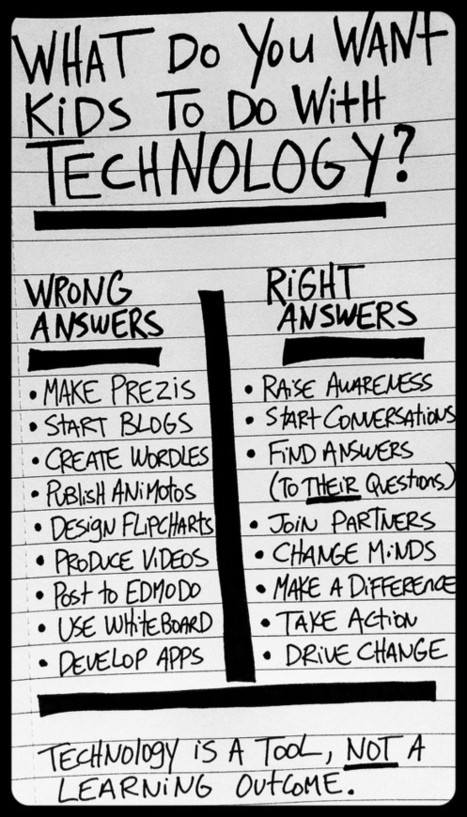

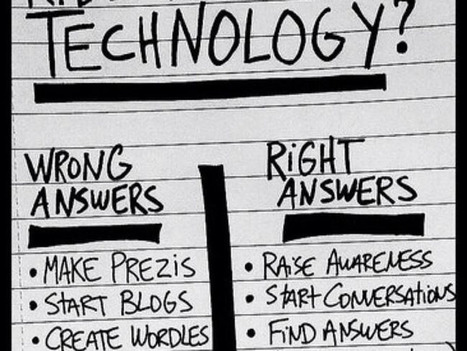
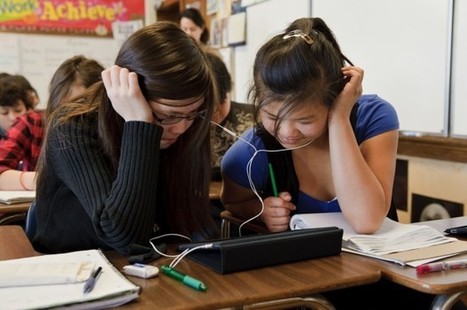






h